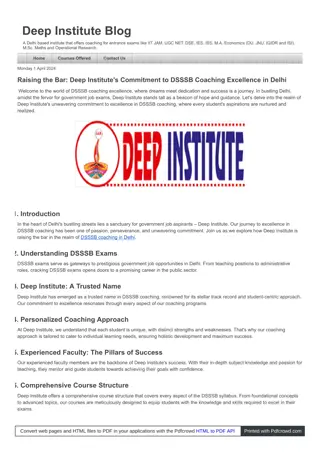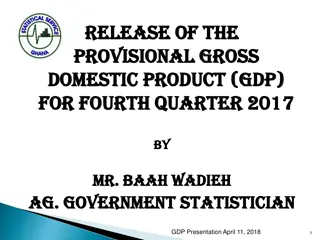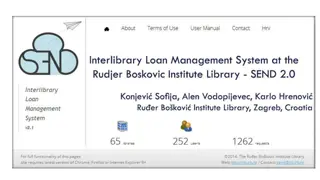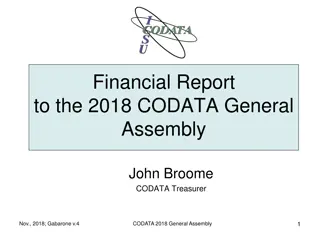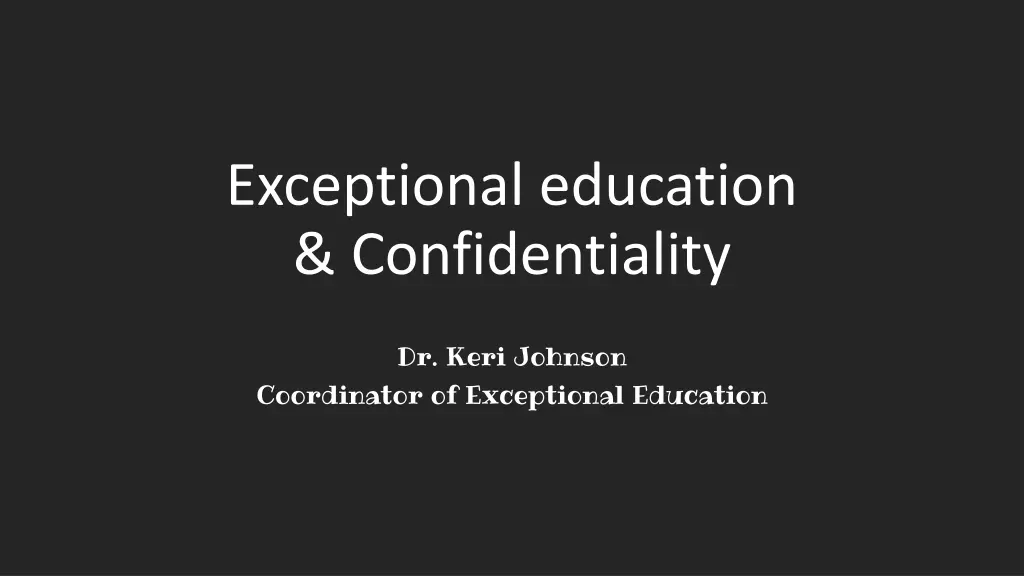
Understanding FERPA: Protecting Student Privacy and Rights
Learn about the Family Educational Rights and Privacy Act (FERPA) and how it safeguards student education records. Discover who can access these records without consent, how directory information is handled, and the importance of obtaining permission to share student information.
Download Presentation

Please find below an Image/Link to download the presentation.
The content on the website is provided AS IS for your information and personal use only. It may not be sold, licensed, or shared on other websites without obtaining consent from the author. If you encounter any issues during the download, it is possible that the publisher has removed the file from their server.
You are allowed to download the files provided on this website for personal or commercial use, subject to the condition that they are used lawfully. All files are the property of their respective owners.
The content on the website is provided AS IS for your information and personal use only. It may not be sold, licensed, or shared on other websites without obtaining consent from the author.
E N D
Presentation Transcript
Exceptional education & Confidentiality Dr. Keri Johnson Coordinator of Exceptional Education
what is ferpa? The Family Educational Rights and Privacy Act (FERPA) (20 U.S.C. 1232g; 34 CFR Part 99) is a Federal law that protects the privacy of student education records. The law applies to all schools that receive funds under an applicable program of the U.S. Department of Education. Family Educationa l Rights and Privacy act
WHAT DOES THAT MEAN FOR US? Generally, schools must have written permission from the parent or eligible student in order to release any information from a student's education record. However, FERPA allows schools to disclose those records, without consent, to the following parties or under the following conditions
School officials with legitimate educational interest; Other schools to which a student is transferring; Specified officials for audit or evaluation purposes; Appropriate parties in connection with financial aid to a student; Organizations conducting certain studies for or on behalf of the school; Accrediting organizations; To comply with a judicial order or lawfully issued subpoena; Appropriate officials in cases of health and safety emergencies; and State and local authorities, within a juvenile justice system, pursuant to specific State law
Schools may disclose, without consent, "directory" information such as a student's name, address, telephone number, date and place of birth, honors and awards, and dates of attendance. Parents are given the opportunity each year at registration to opt out of having information shared about their child.
WHAT DOES THAT REALLY MEAN FOR US? If a parent requests records from you, see your school registrar. Don t publish student information in any format (including photos and videos on social media) without consent from the parent. We use an opt-out agreement. If any of your students opt-out that means you can not publish photos of them. You will receive a list of these students from your administration. Only share information about students with those who need to know.
Special Education Process Initial Referral Can be by counselor, teacher, parent, etc. Referral team decides whether or not to accept the referral for testing. If Referral is NOT accepted, team will send back to PST and/or 504 Team. If Referral IS accepted, testing will be completed within 60 days. The results of the testing will be presented to the parents and Referral Team within 30 days of completion of testing. If student meets ALSDE eligibility requirements for Special Education, an IEP will be developed within 30 days from the date testing results are presented. ***See Flow Chart on ACS website under Exceptional Education Referral Process***
Shortened School DAy The only students who are allowed to arrive at school late or leave school early are those who have it written in their IEP. These will be rare circumstances. This means that you cannot put students on the bus early for any reason crowded hallways, teacher or paraprofessional convenience included!
Other special education issues See links for information regarding: Disproportionality in Alabama http://www.alsde.edu/sec/ses/Reports/Addressing%20Disproportionality%20in %20Alabama%20Schools.pdf#search=disproportionality Positive Behavior Supports http://www.alsde.edu/sec/pss/PBS/ALSDE%20PBIS%20Awareness%20pwr%20pt.pdf http://www.pbisworld.com/ Makes Sense Instructional Strategies http://www.alspdg.org/makessense.html
Contact information Keri Johnson keri.johnson@acsboe.org Lisa Radcliff Special Education Program Specialist lisa.radcliff@acsboe.org Laura Kendrick Special Education Instructional Coach laura.kendrick@acsboe.org









